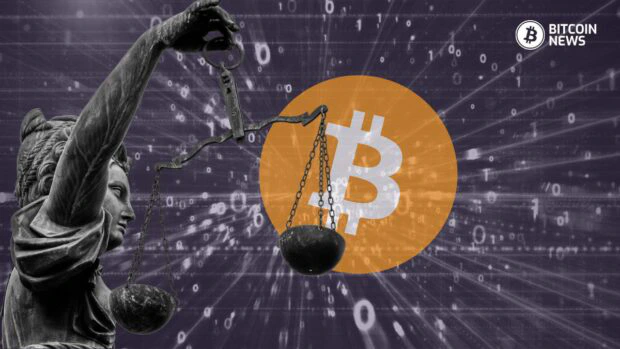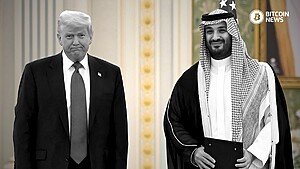When it comes to the world’s most sound money, one question that often gets asked is “Is Bitcoin legal?” This question fundamentally misunderstands the nature of this new digital asset and the futility of trying to outlaw math, code, and free expression.
What is Bitcoin?
At its core, Bitcoin is simply a protocol that allows for the transfer of value over the internet without intermediaries. It is an open-source software released in 2009 by the pseudonymous Satoshi Nakamoto. The Bitcoin network is decentralized and distributed across thousands of nodes with no centralized authority.
Is Bitcoin Legal: The Impossibility of Banning Bitcoin
So what exactly would it mean to declare Bitcoin “illegal?” Governments can certainly make it illegal to engage in certain activities involving Bitcoin, such as operating unlicensed exchanges. However, they cannot realistically “ban” or stop people from using the open-source software protocol itself. The most authoritarian government on earth tried banning it, and it wasn’t successful. Miners simply unplugged and went elsewhere. Others even ran the risk to stay in China and keep mining. Banning Bitcoin is hard.

Bitcoin’s Underlying Principles
Bitcoin operates based on principles of cryptography, decentralized consensus, and game theory. It is simply a language, like a form of encrypted communication. Can a government realistically outlaw math or the use of a particular code or language? It’s akin to trying to ban the use of a certain type of encrypted messaging app — people will find ways around such bans.
There is no Bitcoin company to raid or server to shut down that will take down the entire network. Bitcoin lives on thousands of node computers around the world. Even if every government simultaneously made it illegal and tried to shut it down, people would simply run nodes in their basements or host them offshore. The genie is out of the bottle.
Free Expression and Freedom of Information
Moreover, declaring Bitcoin illegal would run counter to core principles of free expression and freedom of information exchange. It would be a radical form of censorship akin to trying to ban books or websites. Code is speech, which is a protected form of expression in democratic societies.
A Balanced Approach
Rather than trying to ban unstoppable technologies, a more prudent approach for governments is to develop sensible regulations around Bitcoin on-ramps and off-ramps where fiat currency enters and exits the system. This provides a balanced approach that fosters innovation while enforcing rules around consumer protection. While seeing this would be nice, many in authoritarian regimes aren’t holding their breath. While it’s nice to be able to use the fiat on and off ramps, people can still transact peer-to-peer if they’re deplatformed from said off-ramps.
Conclusion
So to answer the initial flawed question — it makes no sense to ask if the technology itself is “legal” or not. Bitcoin is simply a protocol for communication, not subject to legality or bans any more than a government could ban the practice of encryption or speaking in code. Trying to outlaw Bitcoin would be a devastating form of censorship and an exercise in futility in a world of distributed, decentralized networks.










